Family bonds in a place filled with suffering.
The Nghe An War Invalids Rehabilitation Center holds a long story of gratitude and silent sacrifice. Here, war invalids and sick soldiers, mainly from Nghe An and Ha Tinh provinces , bear injuries ranging from 81% to 100%, each with their own circumstances: blindness in both eyes, amputation of both legs, spinal cord injuries, spinal cord paralysis, traumatic brain injuries, complete paralysis… They are living witnesses to a brutal war, people who dedicated their youth and parts of their bodies to the independence and freedom of the Fatherland.
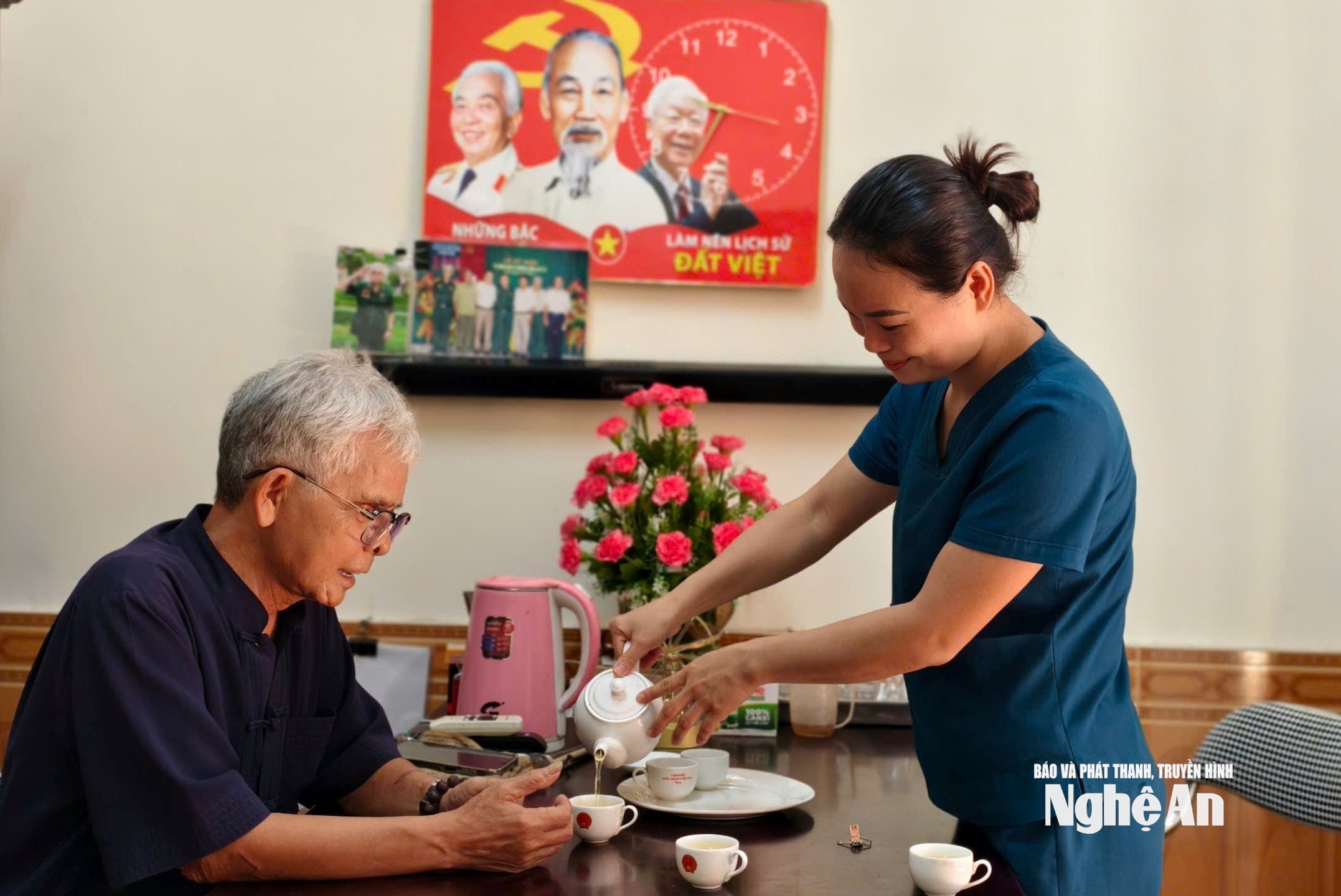
Over 50 years have passed, and the Nghe An War Invalids Rehabilitation Center has witnessed the return of 559 war invalids to their families, living in the love and care of their relatives and community. Currently, the Center is caring for 55 war invalids, including 44 with special disabilities and 5 with illnesses. To shoulder this important responsibility, the Center has 37 staff members, mostly recruited between 2009 and 2011, who are young, highly qualified, and well-equipped to provide the best possible care for the war invalids and those with illnesses.
The work of the nurses here is not simply about physical health care, but also about providing emotional support, soothing deep emotional wounds. They are not only professional nurses but also devoted and responsible children and grandchildren, shouldering even the most unassuming tasks such as cleaning the house and toilets, preparing food, and doing laundry for the wounded soldiers. With the special care of the center's staff and the soldiers' efforts to overcome pain and conquer illness, their health gradually stabilizes over time.
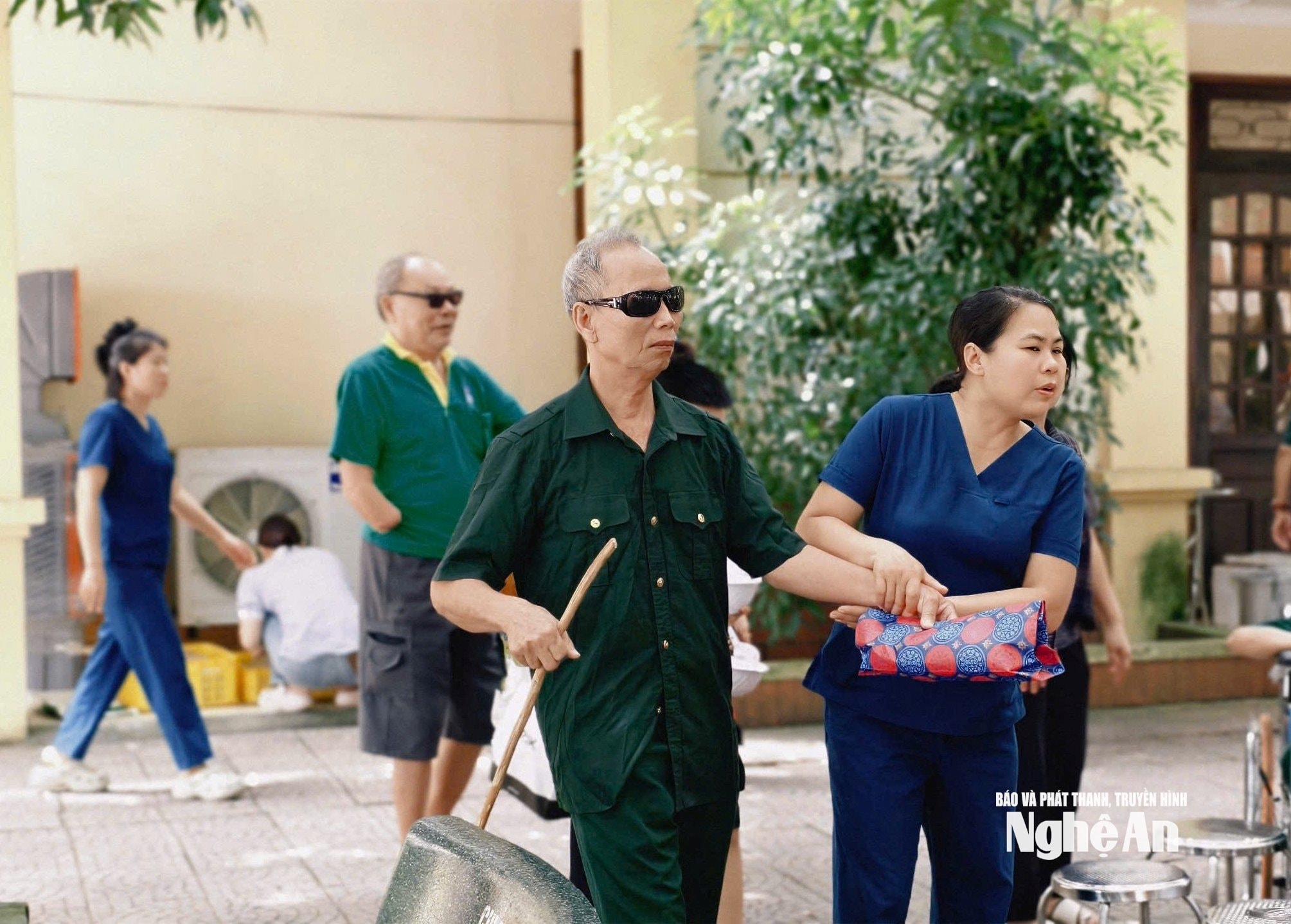
To better illustrate the dedication, commitment, and responsibility of the nursing staff at the Nghe An War Invalids Rehabilitation Center, the story of war invalid Tran Huu Dien is a vivid example. Mr. Dien has been bedridden since he was 20 years old, now over 75, meaning he has been bedridden for 55 years. The miraculous thing is that throughout all those years, he has never suffered from bedsores, his health remains good, and his room is always clean and fragrant. To achieve this, the nurses have to be on duty 24/7, turning him over every 15 minutes. Even at night, they must ensure his skin doesn't become stuffy.
Mr. Pham Trong Song, a war invalid who has been associated with the Nghe An War Invalids Rehabilitation Center since its early days, commented on the nurses there: “The nurses are always polite and treat us like fathers or uncles in their own homes, even though we each have different personalities. Even many war invalids with unstable mental states, when their old wounds hurt, would scold and vent their anger on the nurses, but the nurses never took offense or held a grudge. It must be said that the nurses are an extremely important support system for us war invalids. The newer generation of nurses are all highly skilled, proficient, and provide professional and systematic care.”
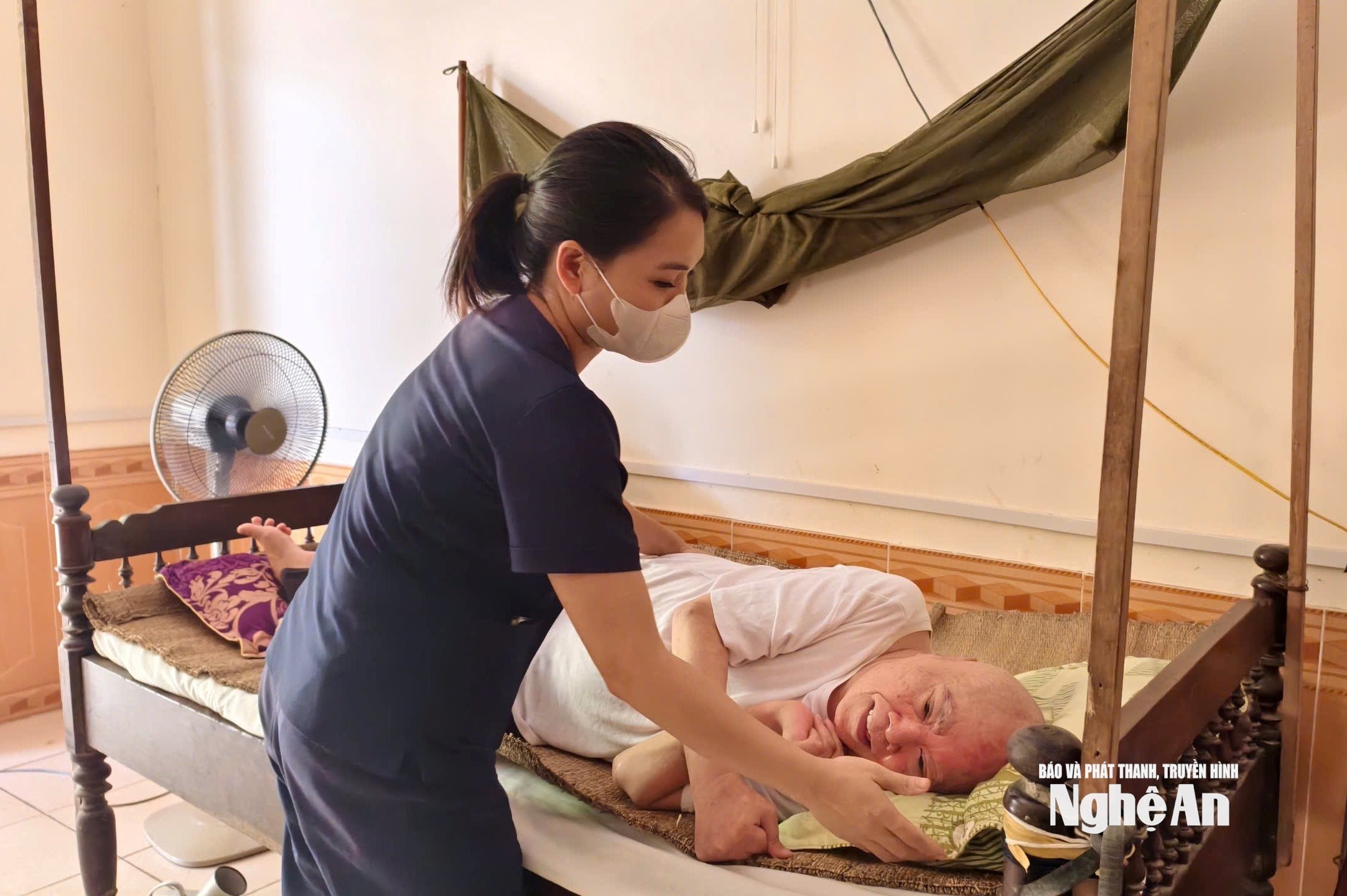
Having lived at the center for 45 years, war invalid Ngo Xuan Kien (born in 1944) shared: "After returning from the war, I couldn't walk, my old wounds kept recurring, and a few years ago I even suffered a stroke, leaving me paralyzed. If it weren't for the attentive and dedicated care of the nurses, I wouldn't be able to sit here and chat, and my hands wouldn't be able to move."
The heartfelt feelings of "children" who are not related by blood.
Ms. Hoang Thi Tuyet Nhung (born in 1986), head nurse, who has been with the center since 2009, shared emotionally: "The nurses here play the role of family members to the war invalids, providing comprehensive care to ensure their physical health and mental well-being. In recent years, the veterans' health has deteriorated, making the caregiving even more challenging."
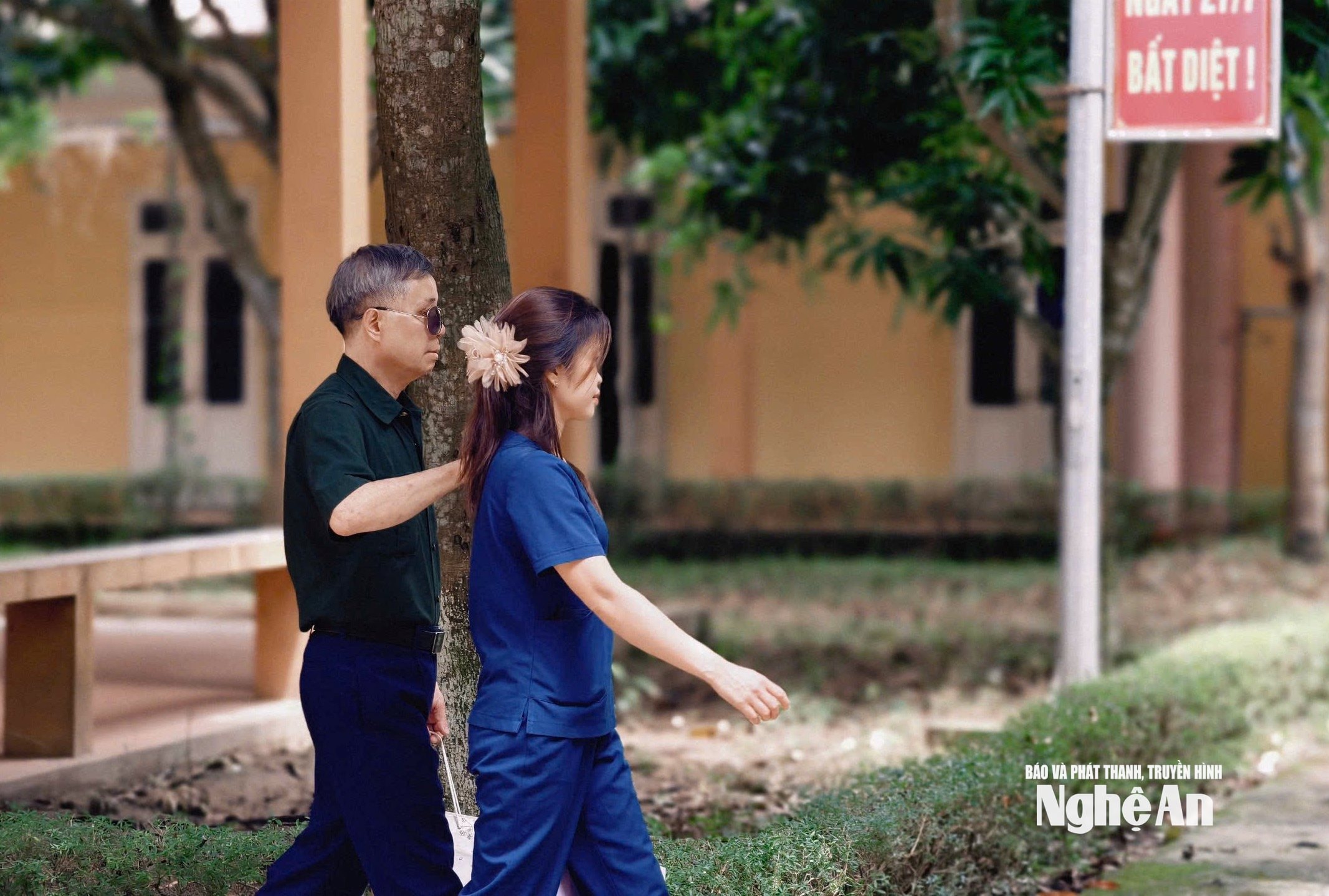
The hardships faced by nurses are compounded when they have to accompany wounded soldiers receiving treatment at central-level hospitals. Like close family members, they stay with the wounded soldiers every step of the way to the hospital, sometimes for weeks at a time, on duty day and night when their condition worsens. For young nurses, this means being away from their families and young children. The dwindling number of nurses shortens the shift times, further increasing the pressure.
The days spent in the hospital were not only stressful in terms of time constraints and homesickness, but also brought about states of mental breakdown. Especially for the nursing staff, witnessing the extreme suffering of the wounded soldiers... Nurse Le Hai Yen (born in 1986) emotionally shared: “These veterans are soldiers with the qualities of Uncle Ho's soldiers, always silently enduring pain. They do whatever they can themselves, not wanting to bother or ask anyone for help. They treat us like their own children and grandchildren, always caring, asking about our well-being, and showing gratitude. Thanks to being with them, we have learned many good qualities and valuable advice, which has helped us mature and become stronger.”
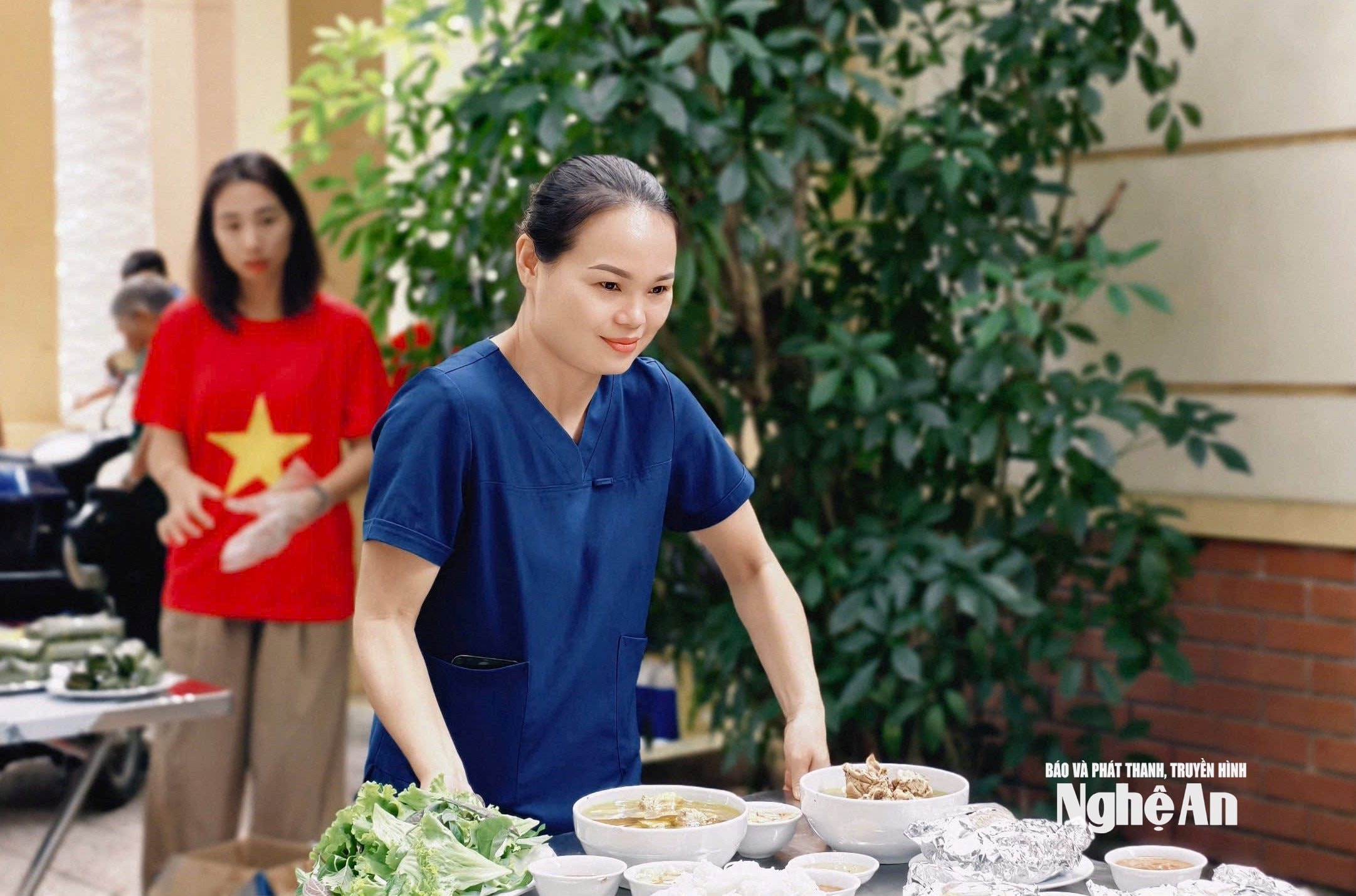
Ms. Hoang Thi Tuyet Nhung recounted: “Having been closely associated with the war invalids for many years, our emotional bond is strong enough to feel the pain of their suffering. Some patients were hospitalized at the National Burn Institute for three months, and because they didn't respond to medication, ulcers developed, requiring skin grafting. Every day, a part of their body was surgically removed, causing unimaginable pain. At night, they suffered so much pain that they couldn't sleep for months, even with the strongest painkillers. Most of their bodies have already been sacrificed for the Fatherland, yet the remaining parts still torment and suffer; it's incredibly heartbreaking…”
For Nhung and many other nurses at the center, each wounded soldier's passing represents the loss of a loved one. They even remember the anniversaries of many soldiers' deaths vividly, even years later. Some deaths have left the entire center grieving for years to come.
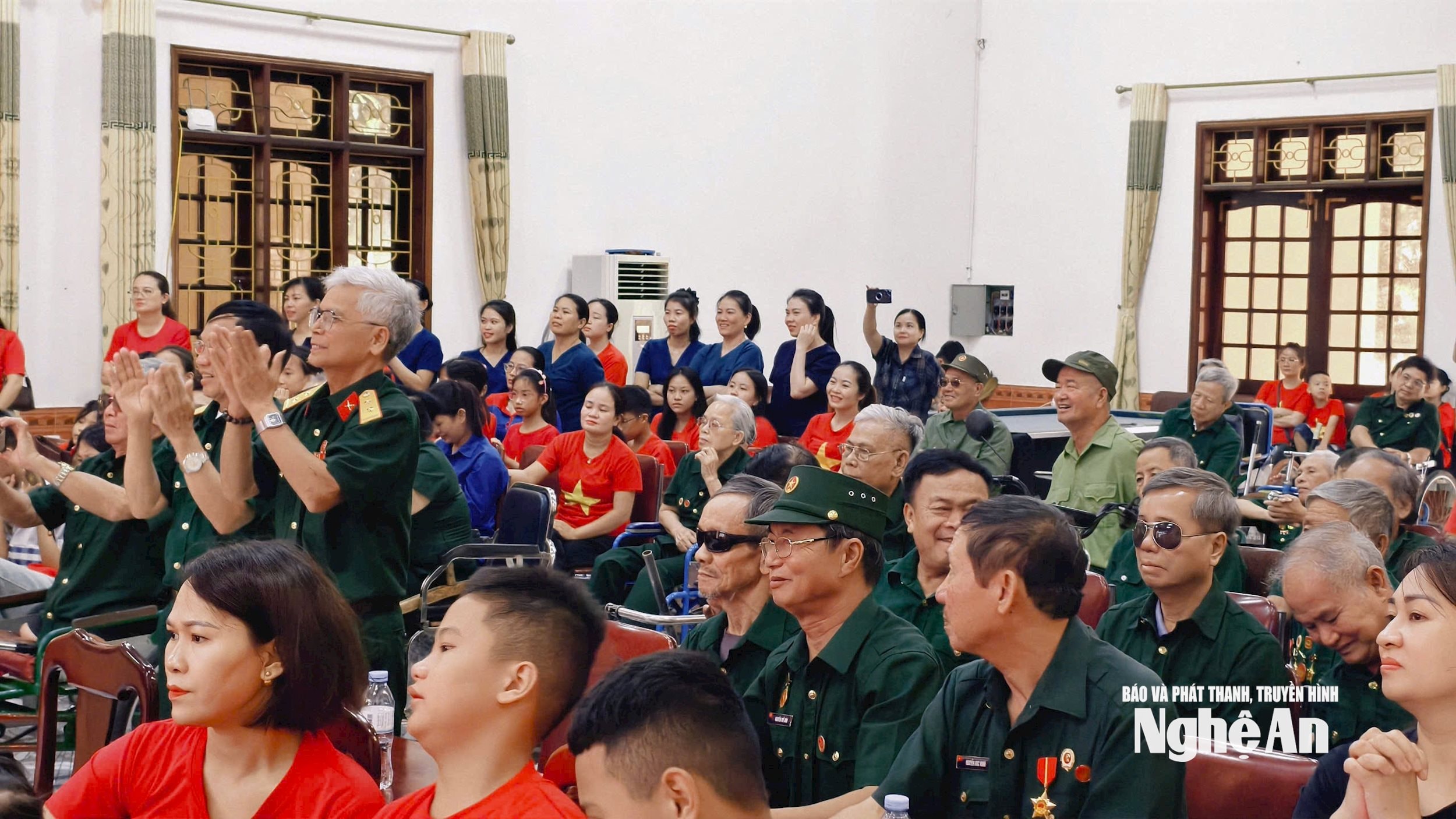
"To do this job, you definitely need dedication; otherwise, you won't be able to stay long-term. When I first came here, I didn't intend to stay long, but the longer I work, the more proud, grateful, and fond I feel about my job, and I consider this my second home. Our happiness lies in the health of the war invalids, and we will always strive for that," affirmed Head Nurse Hoang Thi Tuyet Nhung.
Source: https://baonghean.vn/hanh-phuc-cua-chung-toi-la-duoc-cham-lo-suc-khoe-cua-cac-bac-thuong-benh-binh-10302845.html




![[Photo] Prime Minister Pham Minh Chinh holds a phone call with the CEO of Russia's Rosatom Corporation.](/_next/image?url=https%3A%2F%2Fvphoto.vietnam.vn%2Fthumb%2F1200x675%2Fvietnam%2Fresource%2FIMAGE%2F2025%2F12%2F11%2F1765464552365_dsc-5295-jpg.webp&w=3840&q=75)

![[Photo] Closing Ceremony of the 10th Session of the 15th National Assembly](/_next/image?url=https%3A%2F%2Fvphoto.vietnam.vn%2Fthumb%2F1200x675%2Fvietnam%2Fresource%2FIMAGE%2F2025%2F12%2F11%2F1765448959967_image-1437-jpg.webp&w=3840&q=75)

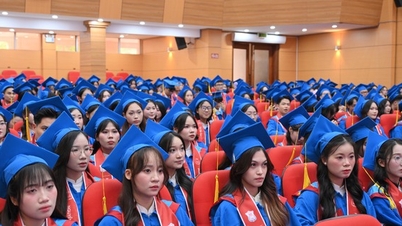

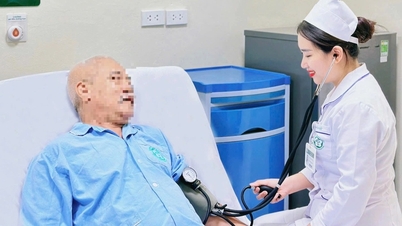





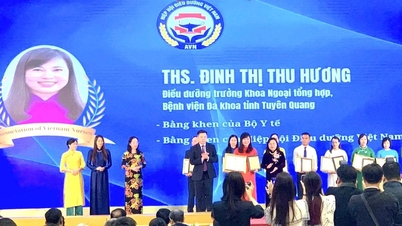

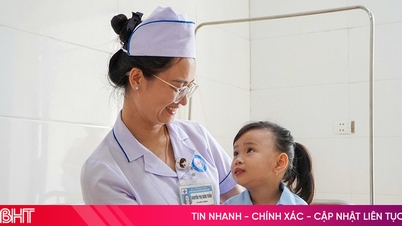

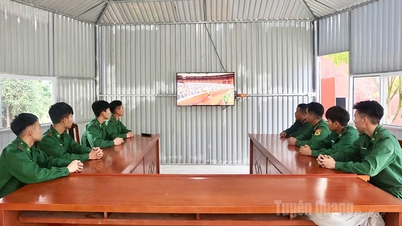













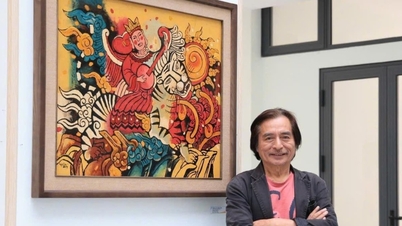

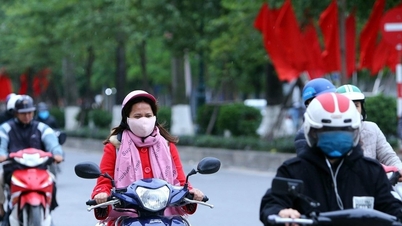
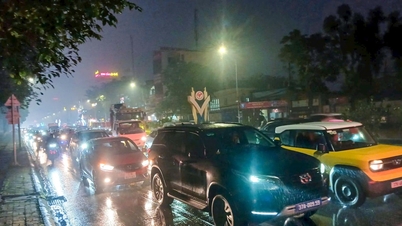
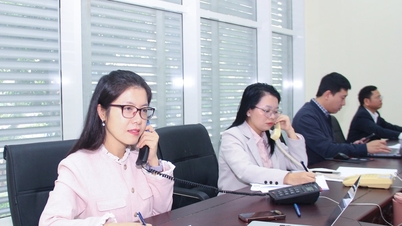






















![[OFFICIAL] MISA GROUP ANNOUNCES ITS PIONEERING BRAND POSITIONING IN BUILDING AGENTIC AI FOR BUSINESSES, HOUSEHOLDS, AND THE GOVERNMENT](https://vphoto.vietnam.vn/thumb/402x226/vietnam/resource/IMAGE/2025/12/11/1765444754256_agentic-ai_postfb-scaled.png)














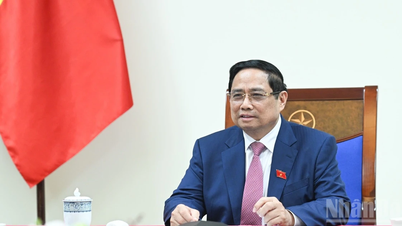

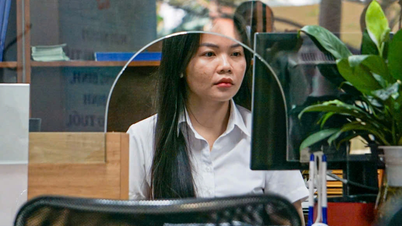

















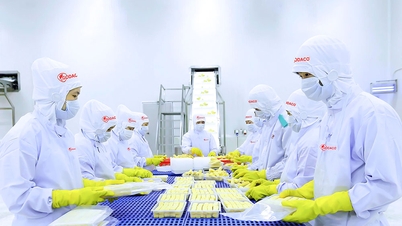
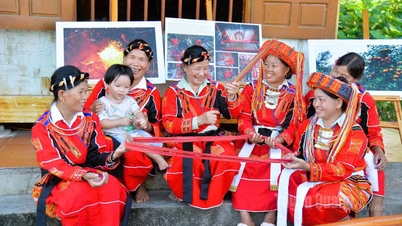











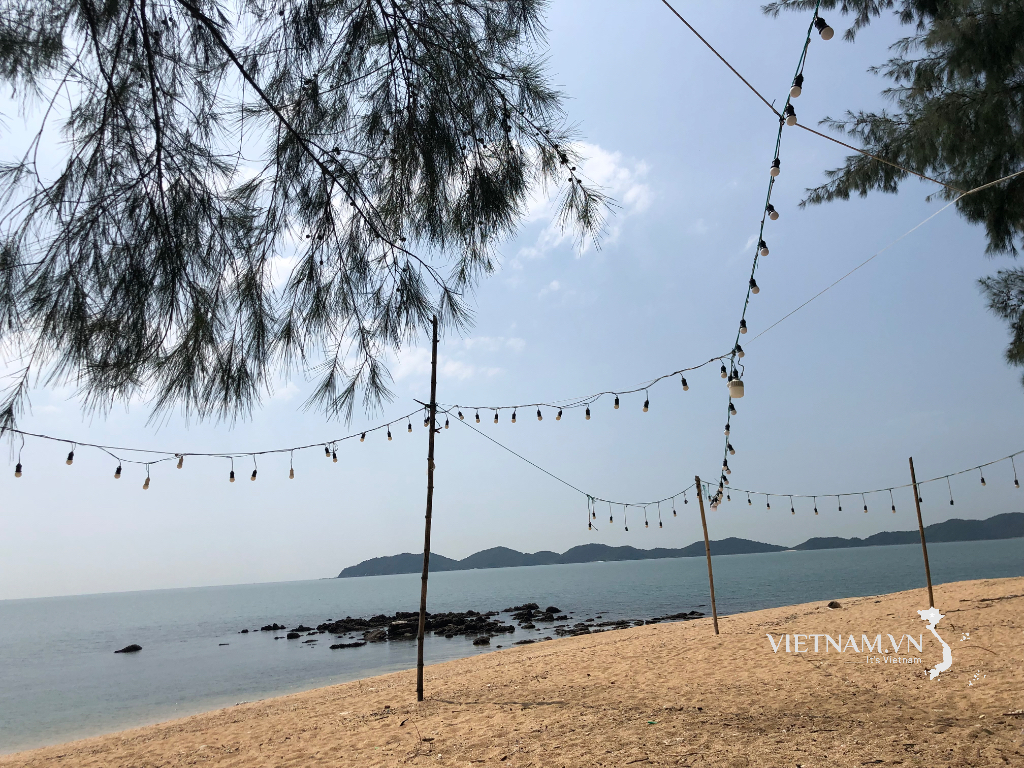
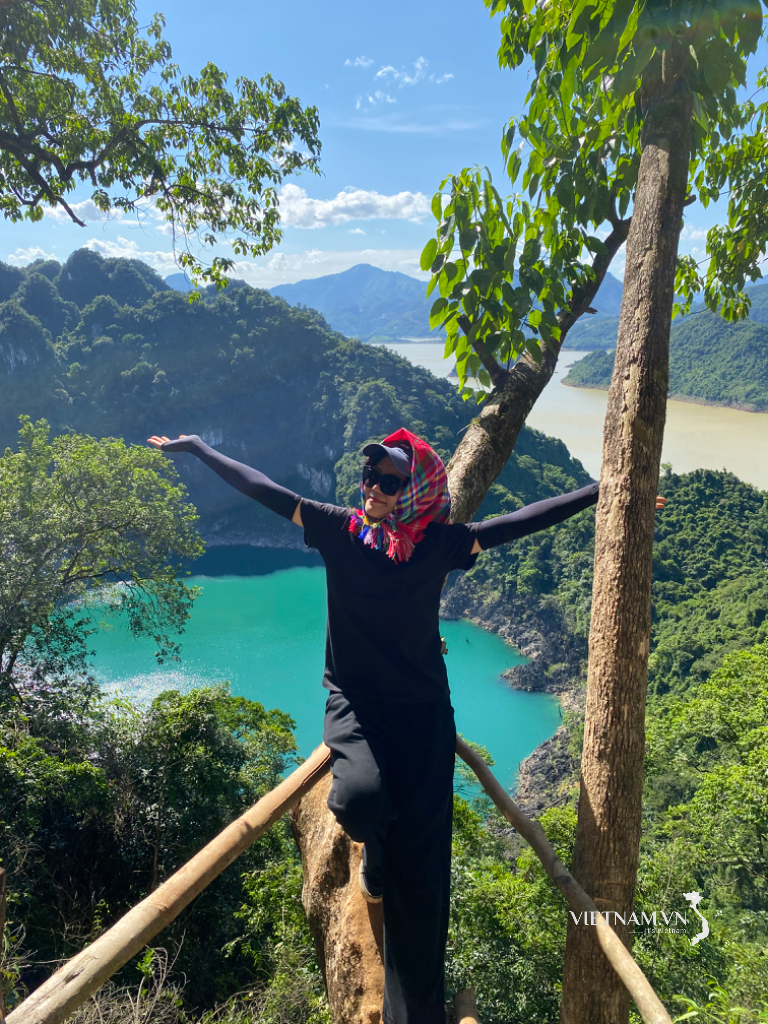
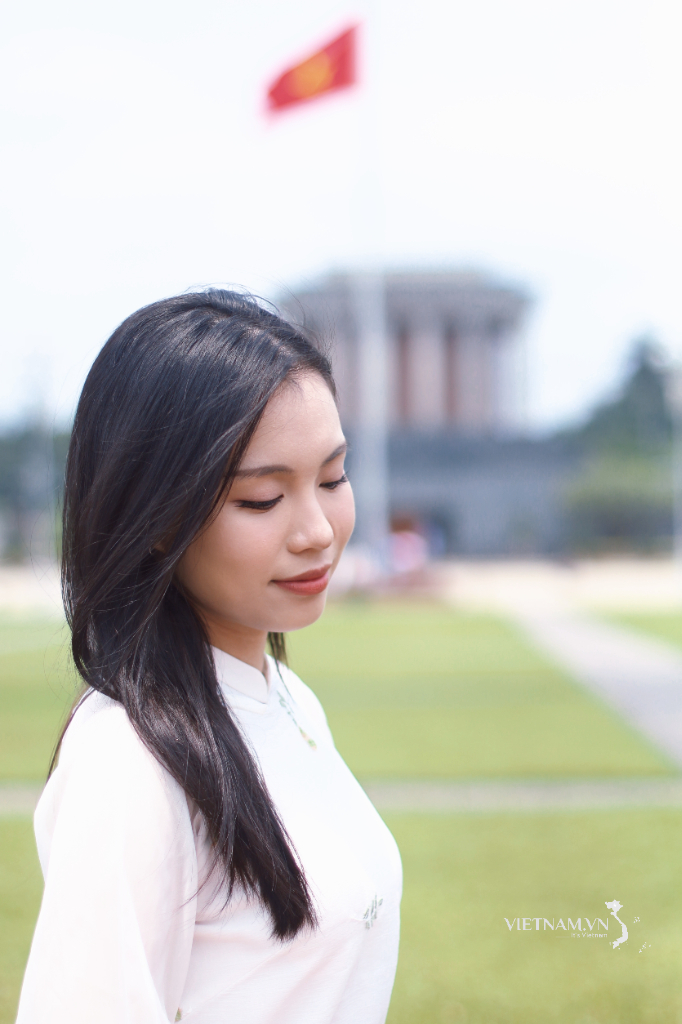
Comment (0)